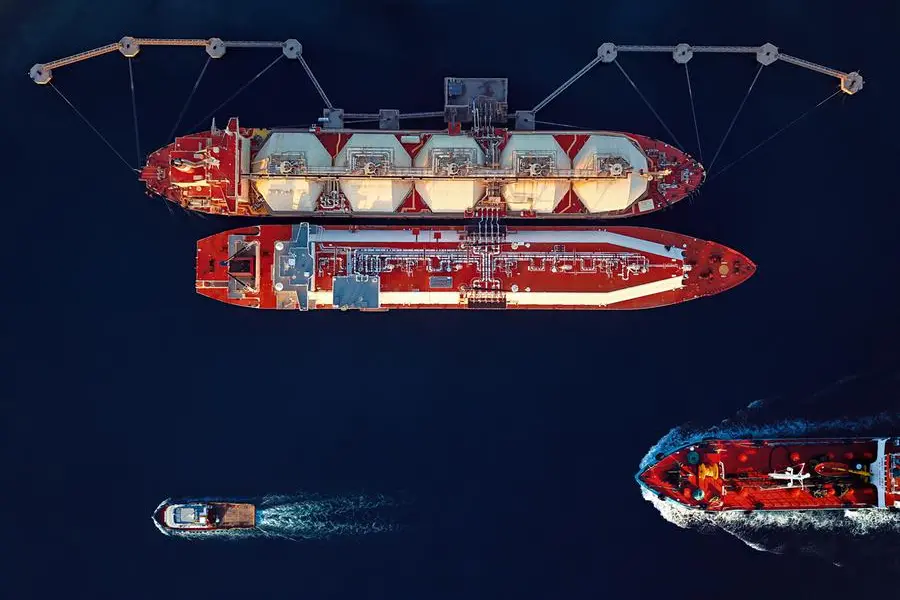PHOTO
The Philippines will be forced into expensive spot markets as global liquefied natural gas (LNG) supplies are likely to remain tight through 2025, according to the Institute for Energy Economics and Financial Analysis (IEEFA).
In its Global LNG Outlook, IEEFA said Southeast Asian buyers face challenges from high prices and infrastructure constraints.
It said long-term LNG contracts with deliveries starting before 2026 are reportedly sold out globally, forcing Southeast Asian countries into expensive spot markets.
'Vietnam and the Philippines do not currently import LNG, although LNG-related projects in both countries have experienced repeated delays,' IEEFA said.
IEEFA said the Philippines is now aiming to bring two terminals online in early 2023, while the Hai Linh LNG terminal in Vietnam is also expected online next year.
'However, neither Vietnam nor the Philippines had secured a long-term LNG supply contract as of November 2021,' it said.
'A recent survey of LNG buyers in Japan suggests that there are no long term contracts available for shipments until 2026. As a result, Vietnam and the Philippines may be forced to rely solely on volatile spot markets for several years,' IEEFA said.
According to IEEFA, both countries before the Russia-Ukraine crisis were widely expected to increase LNG demand at a rapid rate of more than 40 percent annually, with combined imports reaching 10 million tons per annum by 2030.
'Now, however, such rapid growth appears unlikely at unaffordable spot prices, without a stable procurement strategy underpinned by long-term contracts and with growing competition from lower-cost energy alternatives,' it said.
Last year, IEEFA said Southeast Asia's LNG demand growth encountered stiff headwinds due to high prices and unreliable supplies.
Should global market conditions persist, it said key challenges related to pricing, procurement, and infrastructure development would continue to curb the region's LNG demand growth.
'The Russia-Ukraine crisis has exposed long-term financial risks throughout the LNG value chain. In 2022, high spot prices and supply disruptions earned LNG a reputation as an expensive and unreliable fuel source, undermining the prospects for demand growth in key markets,' IEEFA said.
'When large volumes of new supply enter the market starting in mid-2025, it could trigger a supply glut, heightening the financial and pricing risks for LNG exporters and traders,' it said.
Copyright © 2022 PhilSTAR Daily, Inc Provided by SyndiGate Media Inc. (Syndigate.info).





















